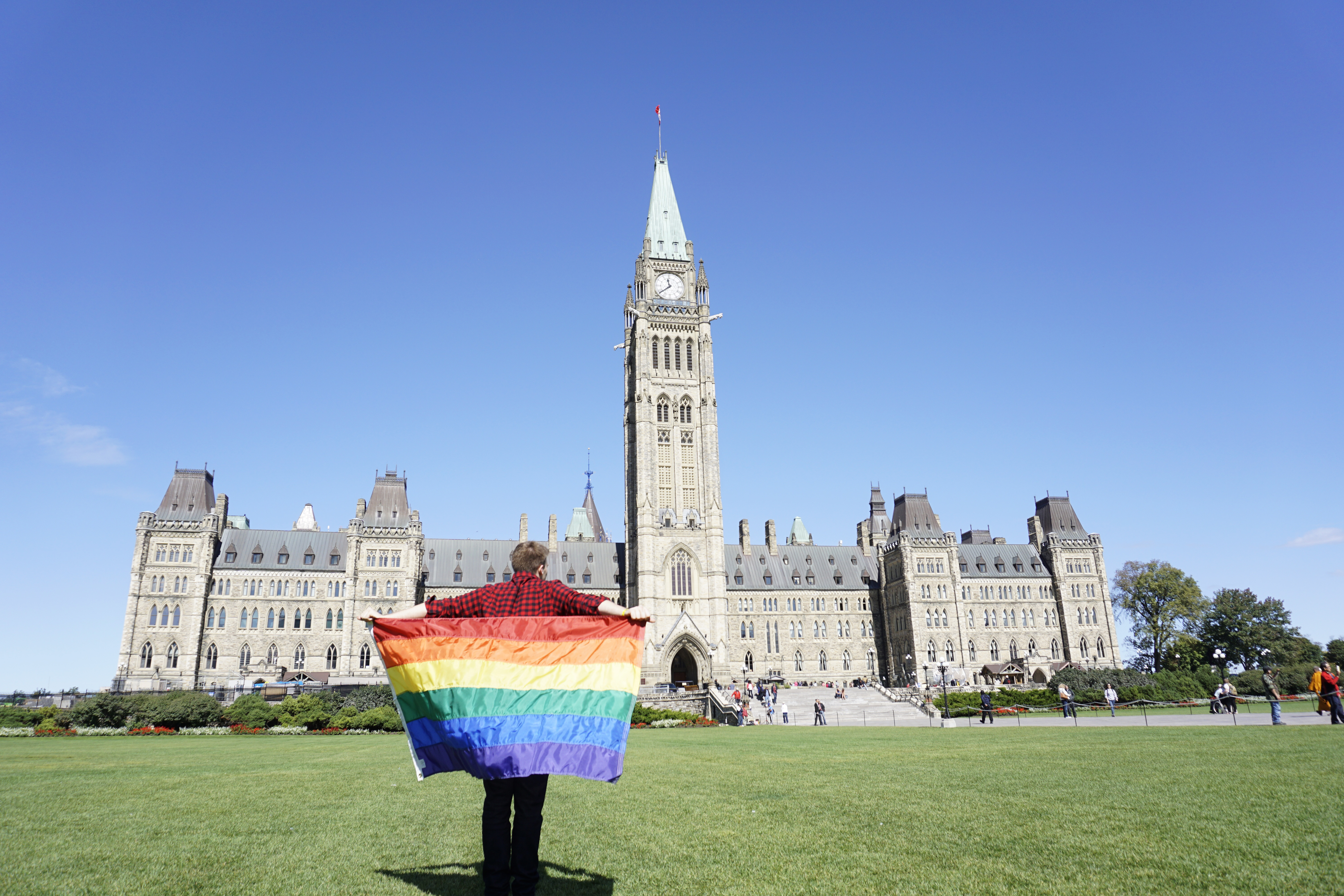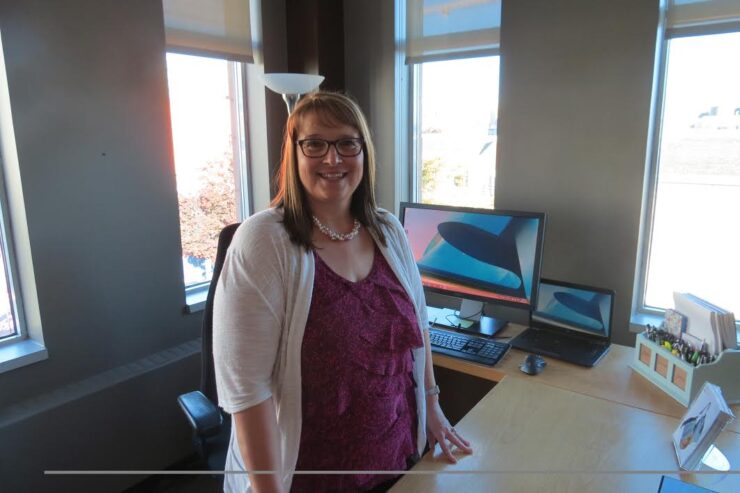We have a duty to protect persecuted LGBTQ+ people
At the beginning of this month, the Globe and Mail published an article revealing that the Canadian government has been smuggling in gay men from Chechnya over the past three months, under the direction of Minister of Foreign Affairs Chrystia Freeland. This is a noble move, considering that it was done in secret and could have impacted the international community, specifically by creating further tensions with Russia.
But the message the Canadian government is clear: we have a duty to protect LGBTQ+ people who are being persecuted. We need to take steps to ensure their safety, and live up to the progressive image that we portray on the world stage.
For context, Chechnya is a conservative republic within Russia where homophobia runs rampant. The local government openly condones the persecution of gay men, many of whom are being killed by their own family members.
As discussed in the Globe article, while attending a panel on human rights in April of this year, Freeland was addressed by Tanya Lokshina of Human Rights Watch, who told the minister that the Canadian government had to act and help these persecuted men, and “set an example for other governments by welcoming them.”
Freeland began working with Prime Minister Justin Trudeau and Minister of Immigration, Refugees, and Citizenship Ahmed Hussein to bring in these men, in consultation with LGBTQ+ groups such as Rainbow Railroad.
Currently, 22 men have been brought into Canada, settling in Toronto and other hubs, but this is just a start.
It’s clear that our government has a duty to protect the rights and freedoms of internationally persecuted people, and to echo Lokshina’s words, we have a responsibility to set a precedent to act in situations when groups are being killed on the basis of their sexuality.
Our government prides itself on being progressive and working to create positive spaces for LGBTQ+ peoples—all those photo-ops of Trudeau marching in Pride parades should hopefully count for something, right?
While our neighbours south of the border are seeing the rights of queer folks being rolled back, such as President Trump’s decision to ban transgender people from serving in the military, we can do better—and we must.
But this case is much more multifaceted than simply doing our due diligence to remove these men from danger. It requires maintaining an active commitment to protect their rights and freedoms here in Canada, too. This means providing appropriate care to address the mental health issues that can arise from living in a society where you are persecuted simply for being who you are.
This also means recognizing the challenges that any refugee will face when coming to a new country—language barriers, getting an education, finding employment and housing. All of these factors are part of an ongoing process of integration to ensure that these men are safe here in Canada, and are able to thrive and contribute to our society.
Being an ally to the LGBTQ+ community extends beyond taking just the first few steps. It requires active engagement with the people you have chosen to stand behind, and ensuring that their needs are put before your own.
For our government, this means listening to these men and remaining involved in the integration process. It means consultation with other governments on how they can address the situation in Chechnya, and how we can work together to open up this asylum to more and more individuals.
Bringing in 22 men is a good start. But we certainly have a way’s to go to ensure that more of these individuals who are being persecuted are finding a safe haven, and we must hold our government accountable to ensure that they are doing their duty to protect the rights and freedoms of these men.






